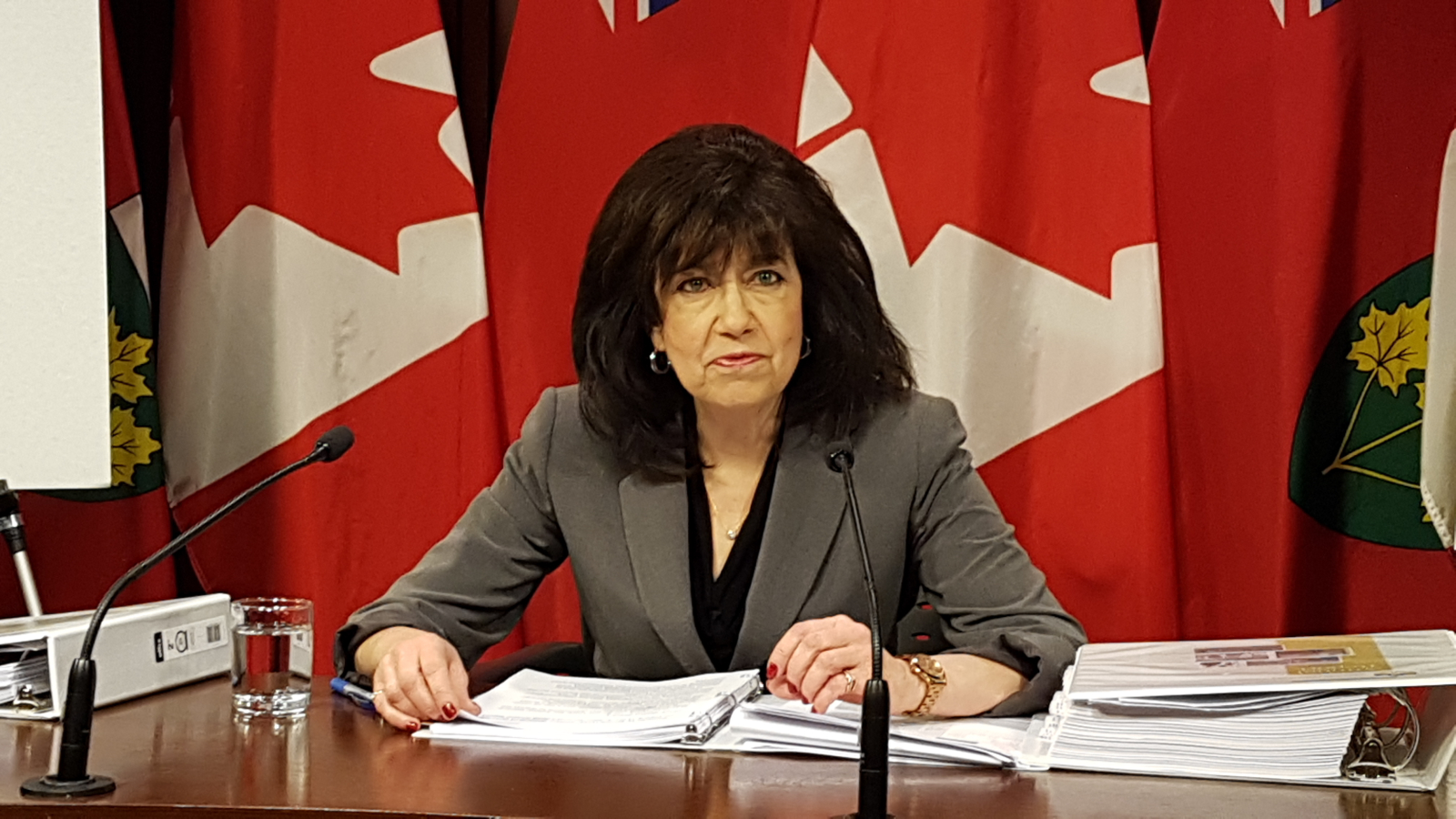..you would think folks would be rising in the streets with all those cuts. with all that harm inflicted on them. you would think that unions would be up in arms and organizing general strikes. it's kind of sad to see this passivity.
As soon as Ford became leader of his party, I kept hearing people talk about how the left needed to learn the lessons from mistakes that were made in opposing Mike Harris.
Regrettably, the main lesson that seems to have been learned is that unpleasant as it is to have a right-wing populist as premier, just so long as you’re not Dudley George, Kimberly Rogers, or a resident of Walkerton; this too shall pass.
The lack of urgency - indeed the passivity - we've seen in the two years since the election seems to suggest that many are banking on Ford being a four-year aberration who's too incompetent to accomplish much that'll cause themselves to experience any lasting harm.
In my city, a mere 14 days after the election, a local grassroots org was able to fill a community centre to hear Pam Frache and Doug Nesbitt talk about strategies for resisting the Ford agenda. I was one of probably hundreds to sign the contact sheet they circulated to get involved in their future organizing. There was never any follow-up communication, and the organization that hosted the event appears to have simply moved on to other things before eventually folding.
Towards the end of July 2018, a different set of organizers started to assemble a coalition of groups and individuals to push back against the Ford agenda. Feeling hopeful that this group might be serious, I got involved. By the end of 2018, our main accomplishment was that we'd finally settled on a name for our coalition. The highlight of 2019 was getting said name printed onto a large banner in preparation for a protest that never ended up happening. Despite all the time that went into agonizing over our basis of unity, in practice, what seemed to most unify our group was: 1) a belief that in-person meetings should be infrequent and too short to allow for anything to be deliberated and decided upon in a single sitting, and; 2) a resistence to even trying to speed up the decision-making process through any sort of online discussion.
It feels like even proponents of leftwing class struggle often still have a very bourgeois outlook on organizing - at least in my town. We can't organize anything in the summer because "everyone" is on vacation or away at their cottages. We're told we have to wait until after labour day, when students have returned, and everyone is back at work. Organizing really only starts in the fall. But then we have to keep in mind that Thanksgiving weekend is out. As is reading week. And then, by late November, it's pointless to try to schedule anything when people have holiday office parties to attend, and students have exams to study for. So then everything is put on pause until the new year, at which point the winter weather provides the next rationale for inertia (it'd be a shame to put in all that work, only to have your event derailed by a blizzard, ice storm, or polar vortex). You've got another reading week, followed by the Easter long weekend, exams, and then you're back into the "summer" period of inactivity once the students vacate at the end of April.
As much as Doug Ford offends the sensibilities of many people on the left, it really feels like those with enough privilege to do so are content to wait him out.



